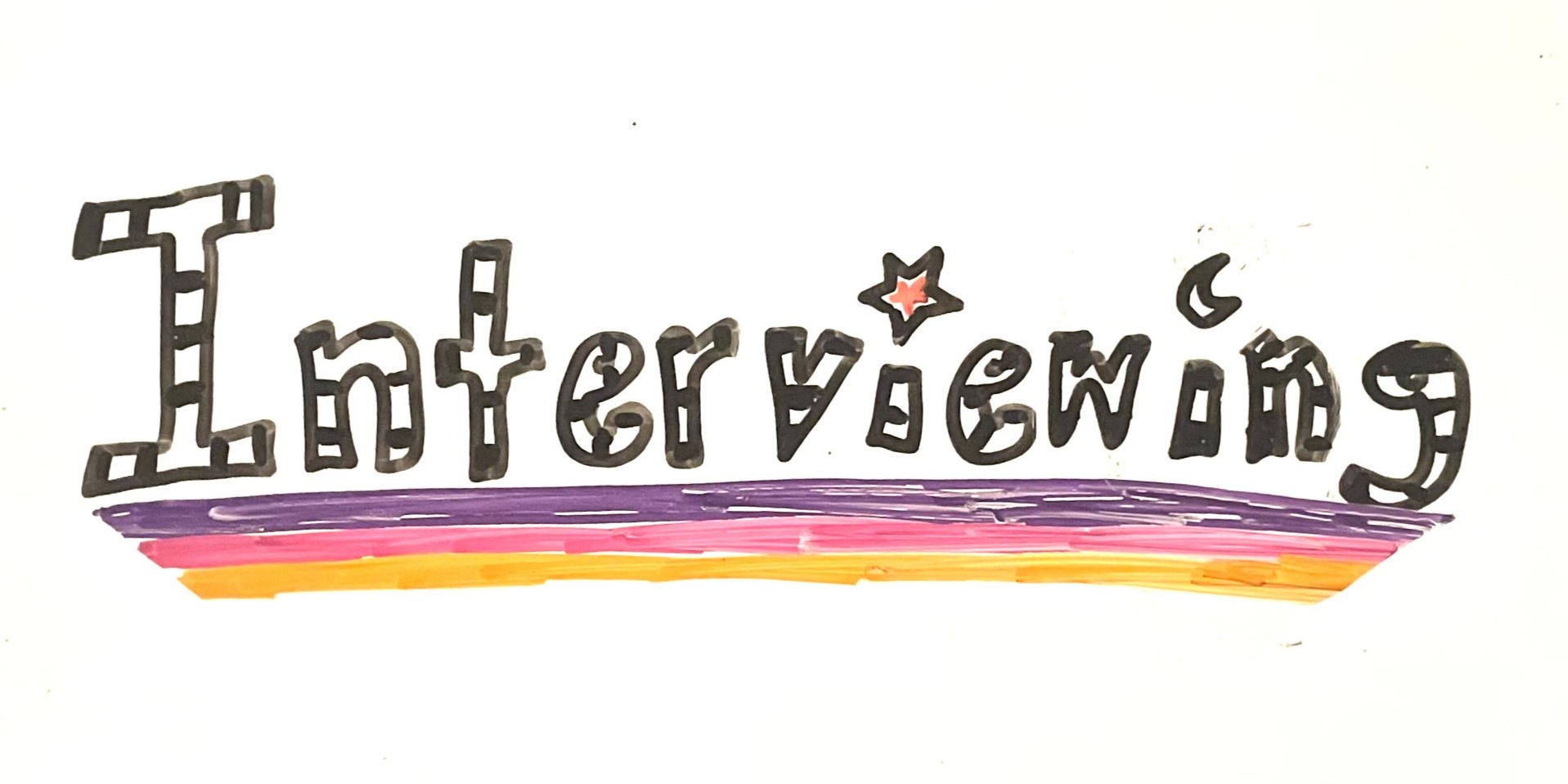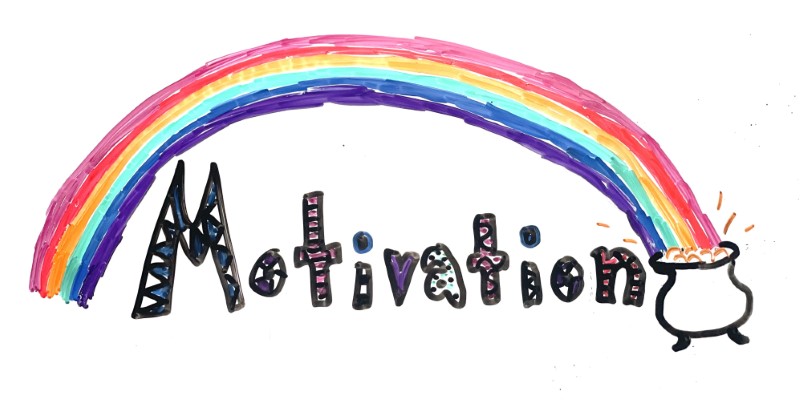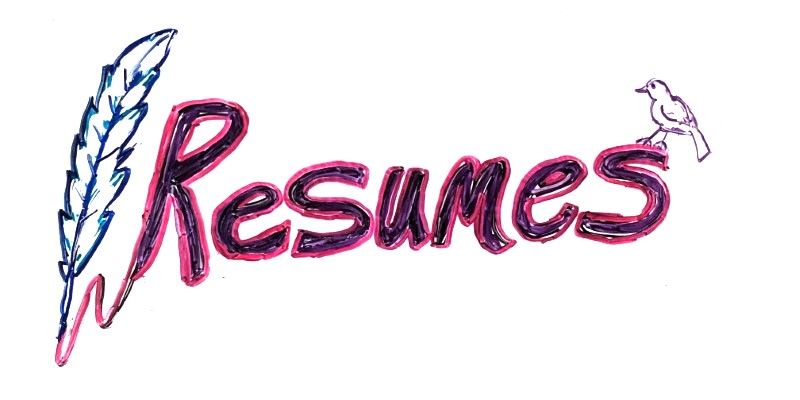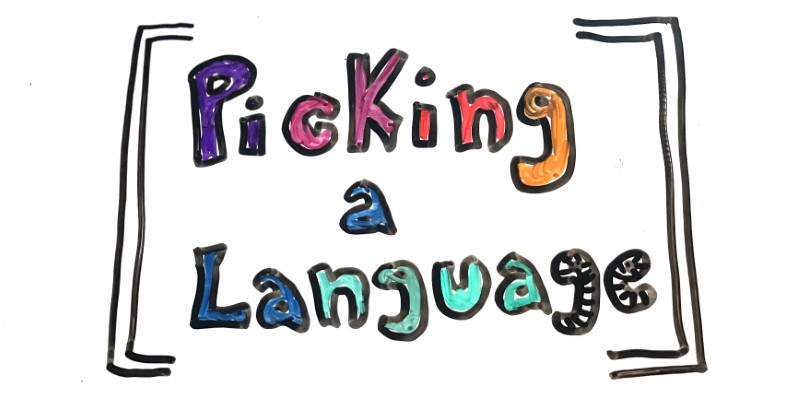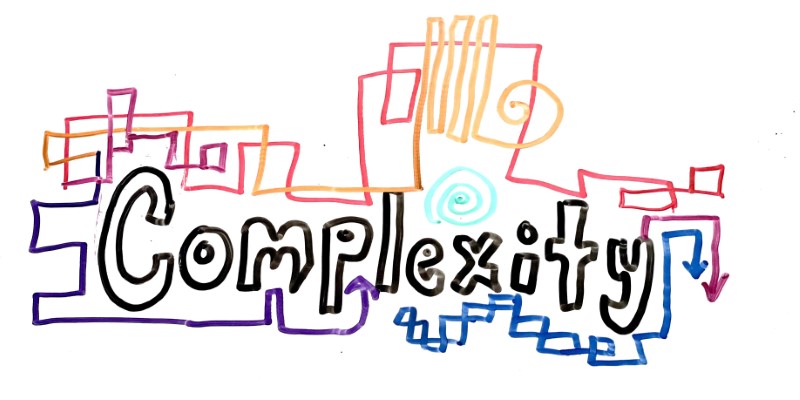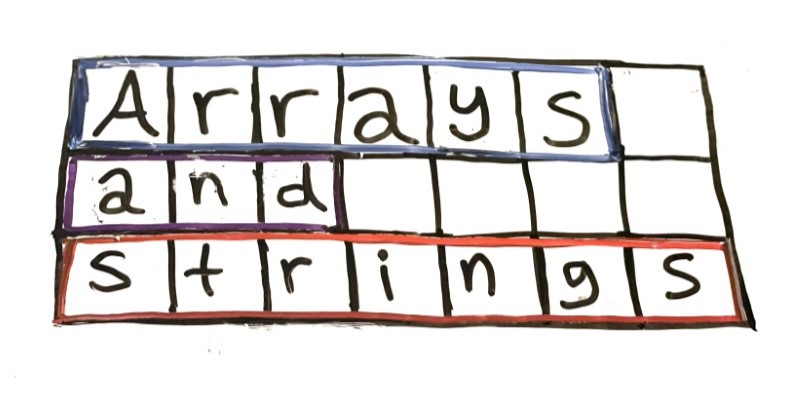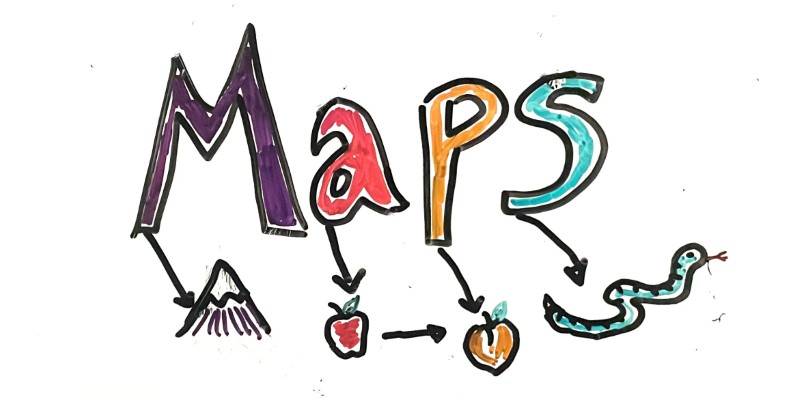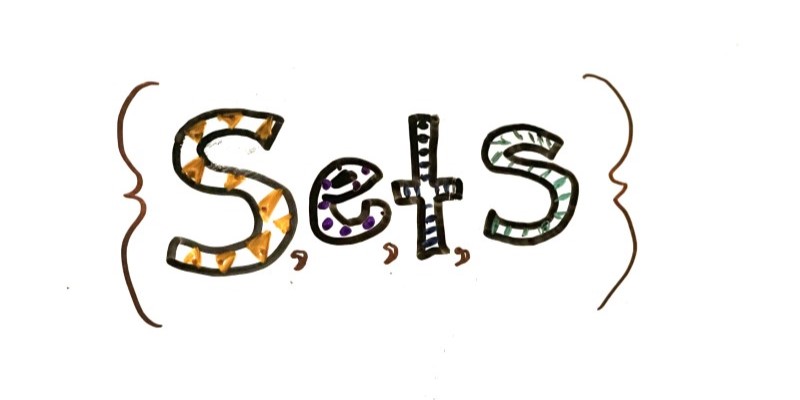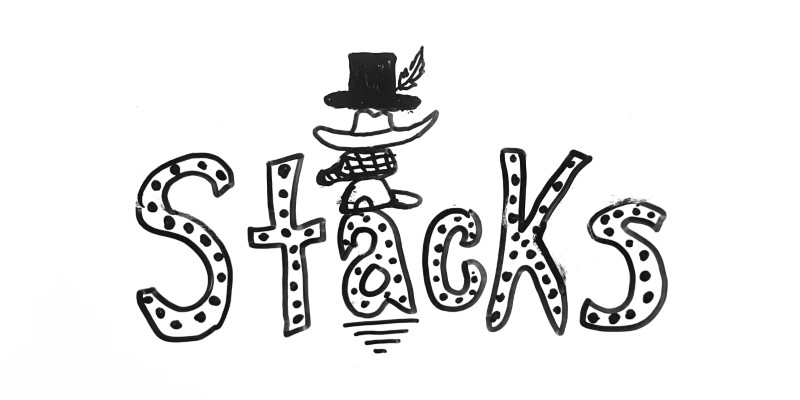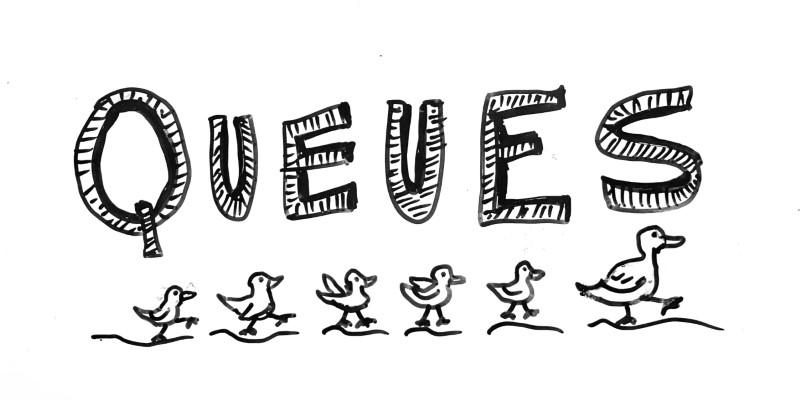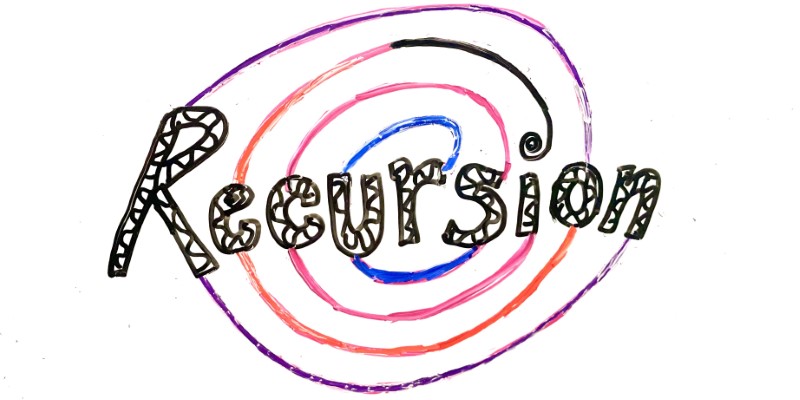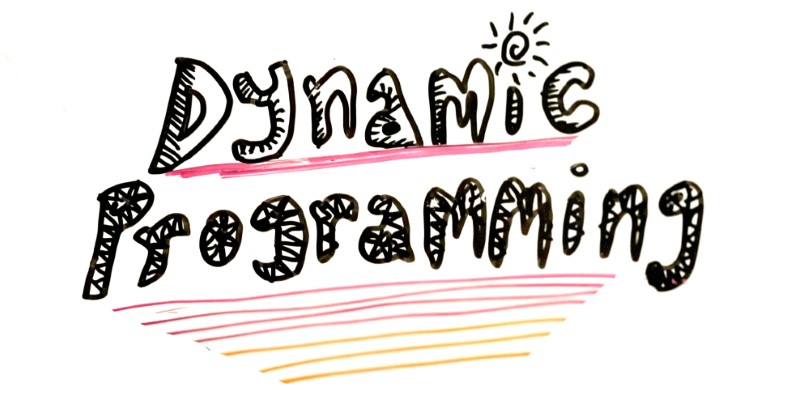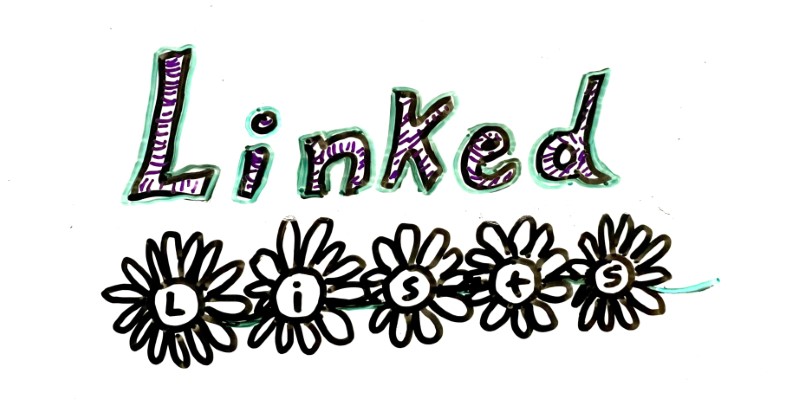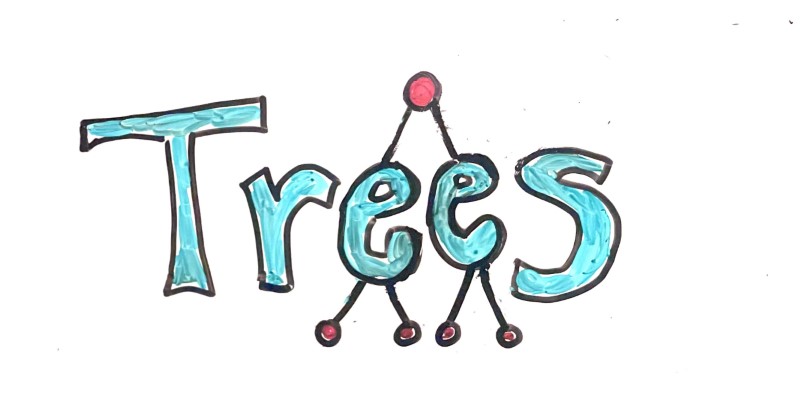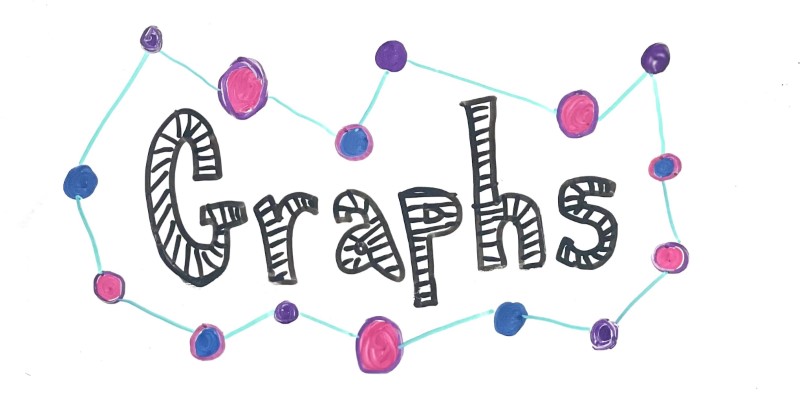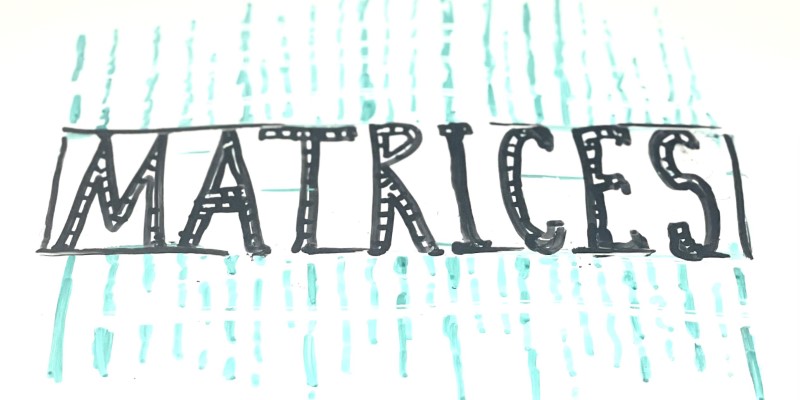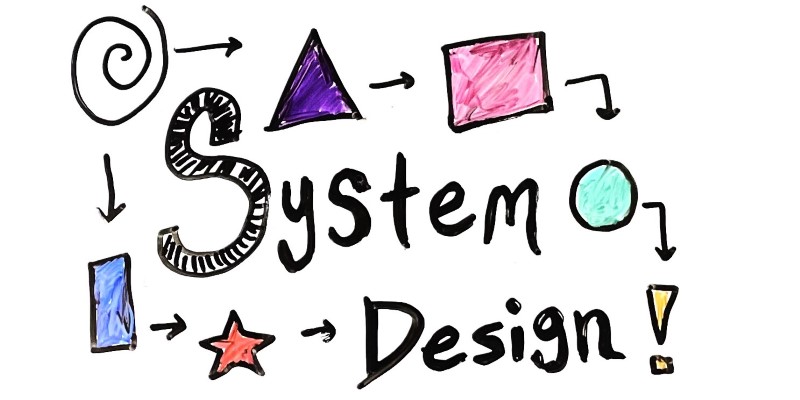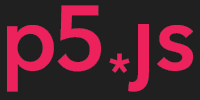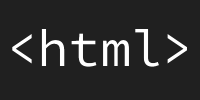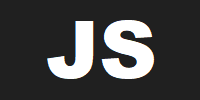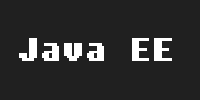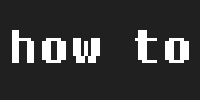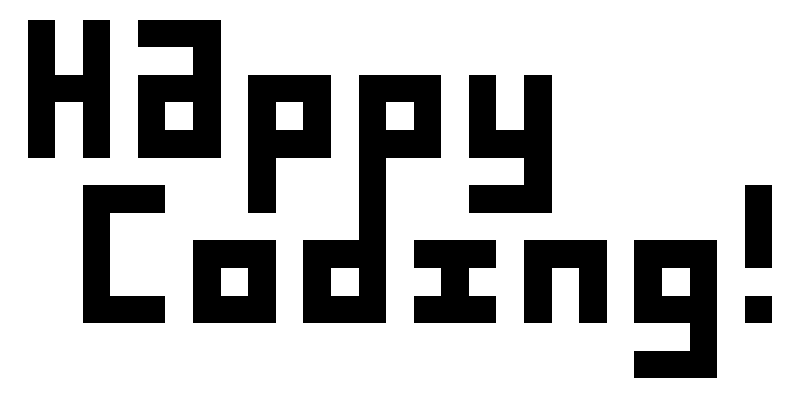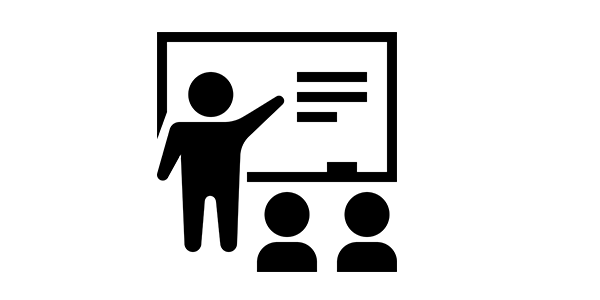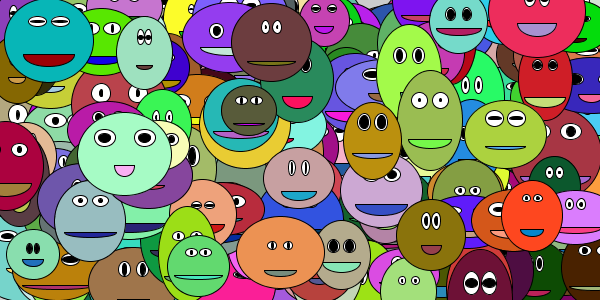Behavioral Interviews
Behavioral Interviews
September 29, 2023
tutorial interviewingIf you’ve been preparing for technical interviews, you’ve probably been brushing up on data structures and algorithms, grinding Leetcode problems, and practicing interviewing with your friends, pets, and houseplants. And those are all very important!
But not every interview is about balancing a binary search tree. At some point, you’re going to be asked “non-technical” questions about yourself. These are called behavioral interviews because they contain questions about your past behaviors and experience. These are questions like “Where do you see yourself in five years?” or the dreaded “What’s your biggest weakness?”.
This might feel a little awkward, but the good news is that similar to technical interviews, you can practice for behavioral interviews!
Behavioral Interview Formats
In the broadest sense, a behavioral interview is any interview where you’re talking about yourself instead of solving a technical problem. This could be an initial chat with a recruiter, or it could be a formal behavioral interview, or it could be a conversation with your potential peers and teammates.
In smaller companies, behavioral interviews are often very important. They might even be more important than technical interviews!
In larger companies, behavioral interviews are still important, but they often take the form of “team matching” interviews where you interview with several teams to find the right fit.
In any case, your goal is to tell your story with as many real examples as you can.
STAR
Every guide on behavioral interviews starts with this advice, so I’d be remiss not to mention it.
STAR is a technique for answering behavioral interview questions by including the following:
- Situation: What was the context for your answer?
- Task: What was your goal?
- Action: What did you do?
- Results: What happened because of what you did?
Your interviewer doesn’t have all of the context, so make sure to include any background information they’d need to understand your answer. Your interviewer is also looking for tangible results, so make sure your answers include real examples whenever possible.
The STAR technique can be useful for remembering what kinds of information to include in your answers, but I also feel like it’s a little more prestrictive than necessary.
The way I think about it is a little simpler: your answers to behavioral interview questions should help you tell your story.
What’s Your Story?
I asked you to think about this in the resumes tutorial, and I’m asking you to think about it again:
What’s your story?
I mean it. Really ask yourself the question, and take a minute to answer it. I’ll wait.
(…this is me waiting…)
Behavioral interviews are all about letting your interviewers get to know you. But before you can do that, you need to know yourself!
That might sound a little woo-woo, but I honestly believe that knowing the story you want to present about yourself can help you through the interviewing process.
Here are some example stories that you might want to tell:
- I’m a junior engineer who’s eager to learn new skills
- I’d like to gain more experience in a particular topic
- I want to bring my open-source experience to a job in the industry
- I have a history of working with XYZ, and I’m excited to contribute to a particular type of project
- I’m interested in this specific topic, and I’d like to continue learning by working with it and attending grad school
My personal story goes something like this:
I’ve always been interested in education, and for most of my career that meant juggling my day job as a software engineer with various forms of teaching on the side. I recently moved more officially into education, both as the Curriculum Lead for an internal education program at Google, and as an adjunct professor at Millersville University. I also just relocated from Silicon Valley to Eugene Oregon, and I’m looking for a role that’s a mix of coding, education, creativity, and making the world a better place.
No matter what your story is, your answers to behavioral interview questions should help tell that story. Most of the rest of my advice falls pretty naturally from that.
What’s the Company’s Story?
Of course, a more complete story about me would involve a bunch of other stuff: I love concerts, and breweries, and hiking, and taking pictures of animals and bugs. But that stuff probably won’t get me a job. (Recruiters, please tell me I’m wrong!)
So the story I tell about myself is catered and specific to the company I’m applying to.
Try to learn as much as you can about the company before you apply. What do they value? What positions are they hiring for? What kind of work do they focus on, and what do they need the most? What’s their mission statement?
Here are a few examples:
- Google: Our mission is to organize the world’s information and make it universally accessible and useful.
- Amazon: Amazon is guided by four principles: customer obsession rather than competitor focus, passion for invention, commitment to operational excellence, and long-term thinking. Amazon strives to be Earth’s most customer-centric company, Earth’s best employer, and Earth’s safest place to work.
- Meta: Giving people the power to build community and bring the world closer together
You can get some of this information from the company’s website, or by talking to a recruiter, or by researching on websites like Glass Door.
This might seem a little contrived, but understanding the company helps you market yourself, to tell your story in a way that resonates with the people interviewing you. Each of those people is asking the same kinds of questions: Should I recommend hiring this person? Will they help me achieve my goals? Will they help the company achieve its goals? Would they be interesting to work with?
Behavioral interviews are your chance to answer those questions.
Telling Your Stories
Now that you’ve thought about your high-level personal story, try to think of a few specific anecdotes that help you tell it. They can be examples from previous jobs, or from school, or even from your personal life. But they should help you tell your story.
Think of a handful of stories that focus on the aspects of yourself that you want to highlight. Then when you answer your interviewer’s questions, you can pull from your list of stories instead of trying to think of something on the spot.
Here are a few tips to help you craft your stories:
- Be honest. Don’t try to embellish or make things up. Also don’t be afraid to talk about times that didn’t go according to plan, but focus on what you learned.
- Be specific. This is one of the hardest parts of answering behavioral interview questions. Try to avoid wording your answers as theoretical scenarios, like “if that happened, I would probably do XYZ”. Instead, tie your answer back to your specific anecdotes. Get into the habit of following up your answers with “For example…” or “That reminds me of a time when…“.
- Be forward-thinking. After you give your specific answer, follow it up with what you learned, or what you’d do differently next time. This shows the interviewer that you’re introspective and looking for ways to improve yourself.
- Track time. When I get nervous, I tend to ramble and repeat myself. This is especially true in interviews! If you’re similar, try to keep an eye on the clock. Your answers should be about one or two minutes long. If you’re still going after 5 minutes, it’s probably time to wrap it up.
To show what I mean, put yourself in the interviewer’s shoes during this conversation:
Interviewer: What project have you been the most excited about?
Candidate: In school, I was part of a group project that used machine vision and search algorithms to list every item in an image.
Interviewer: Can you think of a time when you missed a deadline?
Candidate: No, I’ve never missed a deadline. If I was in that situation, I’d probably just work harder.
Interviewer: What are your career aspirations?
Candidate: Well, at first I wanted to be an astronaut, but (10 minute story about realizing how hard it is to be an astronaut) so now I’m trying to become a software engineer.
If you were the interviewer, how would you feel? The candidate mentioned a project, but didn’t explain what they did specifically. They claim they’ve never missed a deadline, which feels unlikely. The 10-minute story about wanting to become an astronaut might have been interesting, but it was so long that it cut into the time for other questions.
Compare that to this conversation:
Interviewer: What project have you been the most excited about?
Candidate: In school, I was part of a group project that used machine vision and search algorithms to list every item in an image. Specifically, I implemented the machine vision parts of the project. I used a library called OpenCV to perform the image analysis. I had never used it before, so it was really exciting when I finally got it working. And it was especially cool when we connected my machine vision code to my partner’s search algorithm code, and then connected that to my other partner’s UI code. You can actually still see the project on GitHub if you want to check it out!
Interviewer: Can you think of a time when you missed a deadline?
Candidate: Oh sure. On an earlier group project, we each worked on our own pieces independently, but we waited too long to connect them. We asked the teacher for an extension and then scrambled to get it working. The end result wasn’t as cohesive as we would have liked, but I learned how important it was to make sure your individual work connects with everyone else’s. That’s why when we started the machine vision project in a later class, I made sure that we connected our individual pieces as soon as we could.
Interviewer: What are your career aspirations?
Candidate: I’m still early in my career so honestly my main aspiration right now is landing a job, learning as much as I can, and paying back my student loans. But I know that your company has a product that uses machine vision, and that was my favorite topic in school, so I could see myself exploring that as a career!
These answers are much more specific. The candidate isn’t afraid to be honest about their experiences, and they come off as humble and forward-thinking, which are great qualities to highlight.
Example Questions
You can find a ton of examples questions by typing “examples of behavioral interview questions” into your favorite search engine. But here are a few to get you thinking:
- What’s your biggest weakness?
- Where do you see yourself in five years?
- Do you have any experience mentoring your peers?
- Do you prefer working on a team or by yourself?
- How do you prioritize your work when you have too much to do?
- Have you ever experienced conflict with a coworker?
- Can you tell me about a time when you were wrong?
- What have you been learning about recently?
- Have you ever needed to convince somebody of something you believed in?
- Have you ever had to do something for a job that you didn’t agree with?
Remember, your answers should be honest, specific, and about two minutes long. You can think about the STAR technique, or you can think of a handful of stories ahead of time.
Asking Questions
During technical interviews, asking your own questions isn’t that important. Your interviewer might leave some time at the end for you to ask a question or two, but the focus will mainly be on your answers to the technical questions.
But during behavioral interviews, the questions you ask say a lot about you!
My advice is to ask questions that you actually want to know the answer to. Chances are you’re curious about what it’s like to work at the company, and you should bring that curiosity to your behavioral interviews.
Your questions should be your own, but here are a couple that I would ask if I was interviewing today:
- With layoffs and hiring freezes happening in the tech industry, how has your company changed over the past year or two?
- What’s the process for user issues being surfaced and fixed by developers? Who all is involved in that process?
- How do you think ML will change the industry? Do you believe the hype or do you think it’s a temporary fad?
- What’s your company’s remote work policy?
- How do you balance quality against shipping things quickly? Which is more important?
- If you could change one thing about your company, what would it be?
This article contained a few pieces of advice that have worked for me, but you should be yourself! Think about what story you want to tell about yourself, and look for ways to genuinely tell it. Ask questions you’re actually curious about. And keep an eye on that clock!
Learn More
- Google calls their behavioral interviews Googleyness and Leadership interviews. Here is a talk given by Google recruiters that contains more info about Googleyness and Leadership interviews.
Comments
I posted a new article about telling your story in behavioral interviews.
Check it out here:
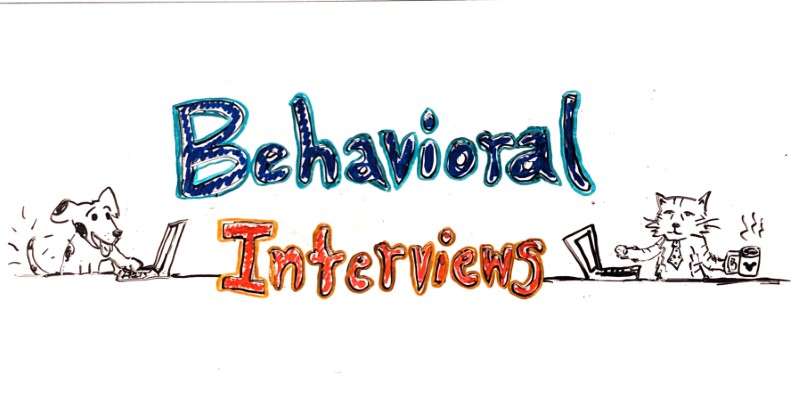
Behavioral Interviews - Interviewing Tutorial
Where do you see yourself in five years?
Happy Coding is a community of folks just like you learning about coding.
Do you have a comment or question? Post it here!
Comments are powered by the Happy Coding forum. This page has a corresponding forum post, and replies to that post show up as comments here. Click the button above to go to the forum to post a comment!
